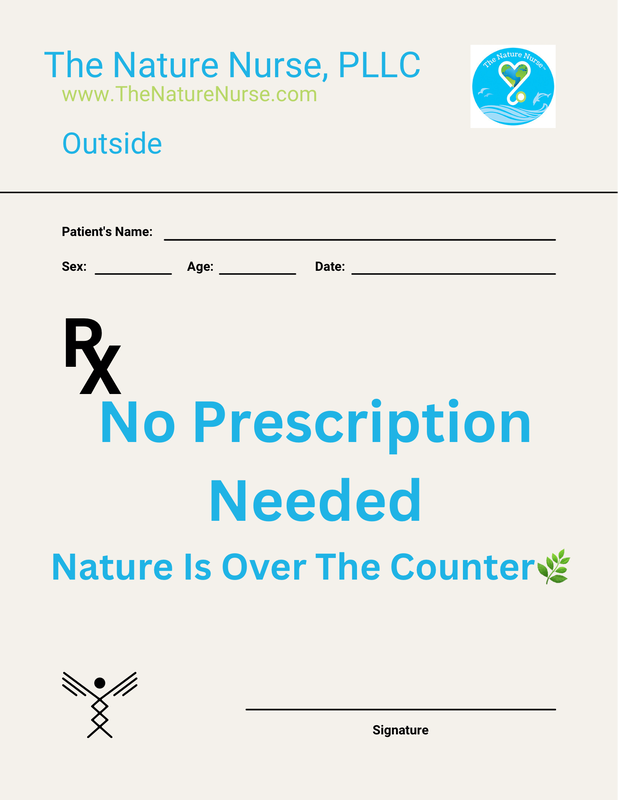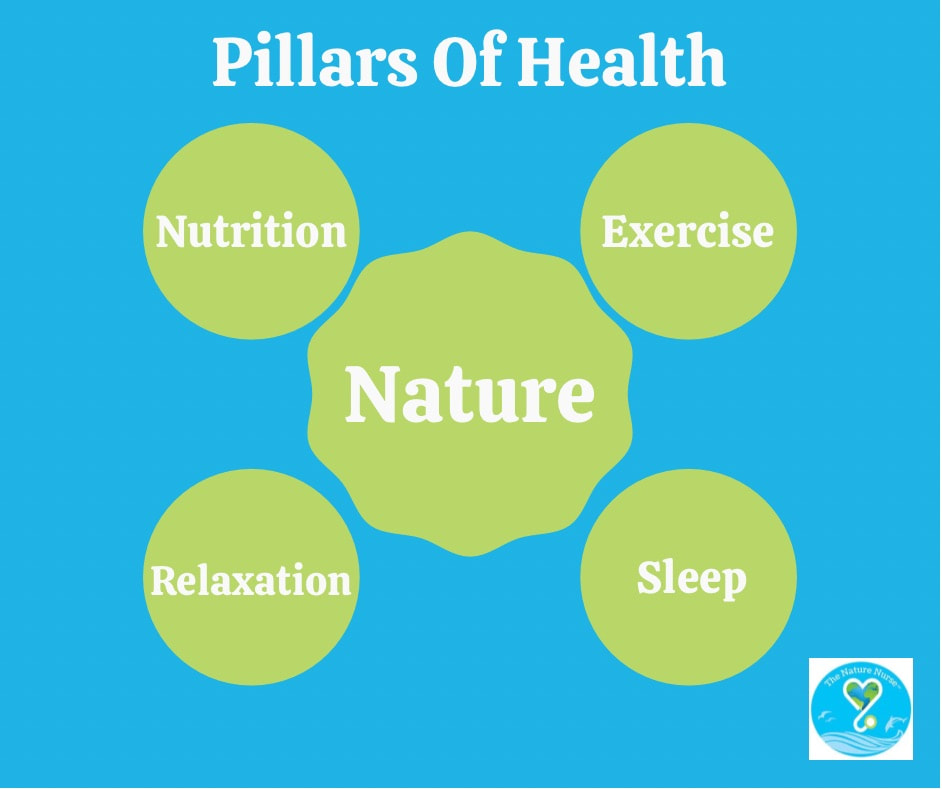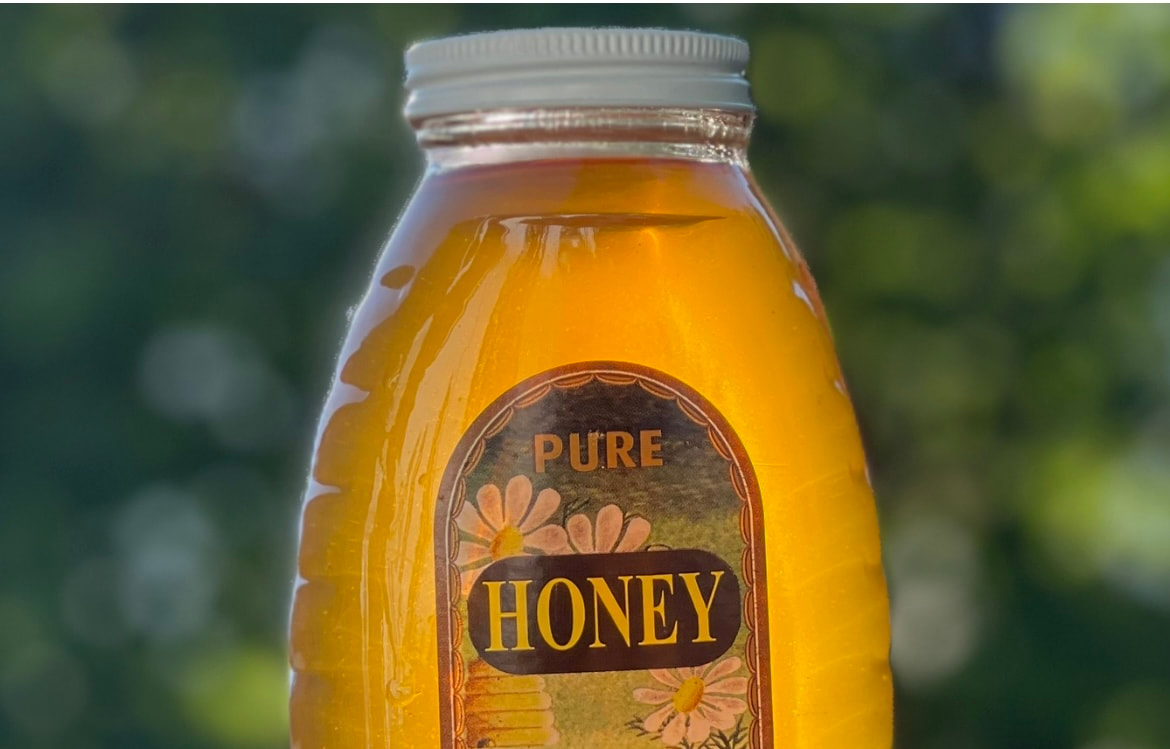|
Listen to the wind it talks, listen to the silence it speaks, listen to your heart it knows. -Native American Proverb Annie sat amongst a group of women on a gently rolling one-hundred-acre farm as I handed each of them a fresh-cut herb. “The deep-crust white pizza from The Cardinal Inn!” Annie blurts out with joy. She holds the swig of rosemary near her nose and inhales another generous breath. “The smell of this rosemary instantly took me back to the town I grew up in, the white pizza smothered with mozzarella, garlic, and a hint of rosemary. We used to enjoy it after football games. This scent revived all the good memories in an instant!” A newly retired physician from a large medical center in Boston sat in a circle of women, reflecting on the Nature Attunement Experience™ I guided them through at a local garden center. The doctor gently said, “We’re killing ourselves.” Her revelation led to an in-depth conversation on how we as humans are harming ourselves by not properly taking care of our planet. Further discussion led to ways we might begin to change this. Higher levels of sustainable, conservation behaviors are consistently found in the literature when people are more connected with nature. Inviting and being open to what nature wants to share with us is not new. Collective communication and having a reciprocal relationship have deep roots in Indigenous cultures. Our modern society, however, has become so far removed from this ancient, well-recognized practice that it often takes guidance to re-awaken this relationship with nature. Nature Prescriptions Connecting with the natural environment holds immense, limitless benefits to our holistic health. So much so, that healthcare professionals, mainly physicians, around the globe are now “prescribing” nature to their patients. What this “prescription” entails varies and research on the practices and outcomes is early. In addition, historically medical prescribing has poor adherence results, often at just 50%. ( 1 , 2) Acknowledging the vast benefits to our minds, bodies, and spirits, that connecting with our natural world offers, I question is “prescribing” nature the best way to encourage people to get outdoors, take a hike, grow a garden, or just put a small plant on our kitchen window? Personally, I say no. Please bear with me as I explain. Pre-Judeo-Christian times, the humans who lived on our planet did so in harmony, with reverence to the natural world. Indigenous People are so deeply connected with our natural world that they have a kinship with wild animals, some have come from running rivers. In this worldview, relationship is everything and Mother Nature is a treasured and respected relative. The Indigenous People who have survived the horrors of colonialism still carry this sacred, sovereign way of being. Why are we not listening to the Indigenous knowledge that instructs us to the new ways of living harmoniously on this planet we all share? How has it come to be that a ”prescription” has come to stand in for this invitation to a relationship? We also know that communities called Blue Zones have populations of people who live the longest, consistently reaching age 100, and the healthiest lives on earth. Their simple ways of living, are well documented. One of the key lifestyle practices people living in Blue Zones do is walking and engaging with nature. Why are we not exploring integrating these into our modern lifestyle? Intentionally connecting with our natural world through our six senses has shown to be beneficial to humans in many ways. Just a few to mention include feeling calmer, enhanced sleep improved ability to focus and be creative, and improved immunity. What makes this practice even better, is people who are connected to our natural world also exhibit stronger conservation/sustainable behaviors, hence a more respectful way of living with Mother Nature. Rather than simply “prescribing” nature, healthcare professionals can encourage and establish healthy nature relationships. To practice this relationship they can role-model nature connection, advocate for more nature to connect to, advocate for sustainability as the Alliance of Nurses for Healthy Environments is doing, conservation, ensuring access for all to our natural world, and developing “Nature Connectors” instead of (nature pharmacists!) to work in natural settings for those who need guidance, coaching, and assistance. Connecting with nature is as essential as eating a healthy diet, moving regularly, sleeping soundly, and managing stress. In fact, I believe our natural world is the hub that connects all of these key healthy lifestyle practices. Turning what needs to be just simple essential nature relationship practices into a clinical, “prescribed” way of life is not in our best interests. As a nurse who has practiced in various settings over the past thirty years, including home care where you intimately witness how people actually live and adhere to prescriptions, I can tell you people may say, “Okay”, in the hospital or practitioner’s office when given prescriptions but they most often do what they to (or have the ability, finances or support) to do when they leave.
Connecting with our natural world needs to become a cultural norm and this is going to take creativity, collaboration, and resources to make this happen. It also needs to be inclusive, especially of Indigenous knowledge and practices. Please share your thoughts on nature "prescriptions" in the comments section below. I would love to hear your opinion. Ready to learn more about how to connect with our natural world to enhance your whole-being and the health of our planet? Please subscribe to my seasonal newsletter on the homepage: LINK
2 Comments
Did you know that:
Honey bees must gather nectar from two million flowers to make just one pound of honey. The average honey bee only makes one-twelfth of a teaspoon of honey in its lifetime. It takes two million flowers to make one pound of honey? Bees are one of the most important pollinator species to our food security and ecosystems. Honeybees provide pollination services valued at between $15-20 billion annually in the United States alone. How can we help support these insects that are so vital to our survival? Here are three simple things most of us can do:
Share this blog with others to create a global movement to support our pollinator friends and expand our awareness of their vital role in our lives and the lives of over a thousand plants such as coffee, nuts, spices, and our favorite fruits and vegetables. Ready to learn more about how connecting with nature can enhance your holistic health and the health of our planet? Subscribe now to The Nature Nurse™, PLLC seasonal e-newsletter: LINK |
Ready to sleep better, feel lighter, and feel more joy?
Download my latest ebook now: Archives
May 2024
Categories
All
Follow me:
|
|
© COPYRIGHT 2015-2023. ALL RIGHTS RESERVED.
|




 RSS Feed
RSS Feed